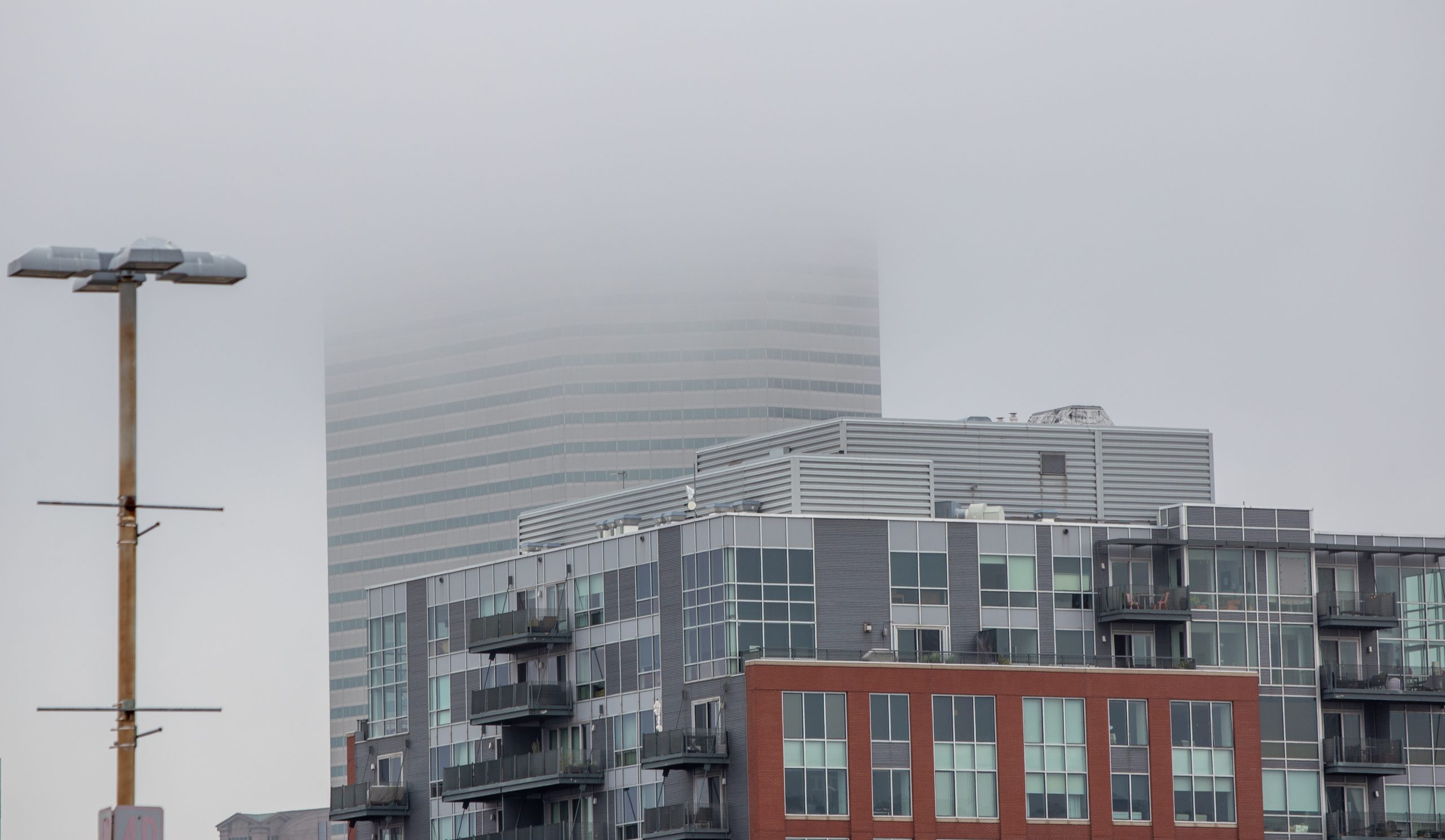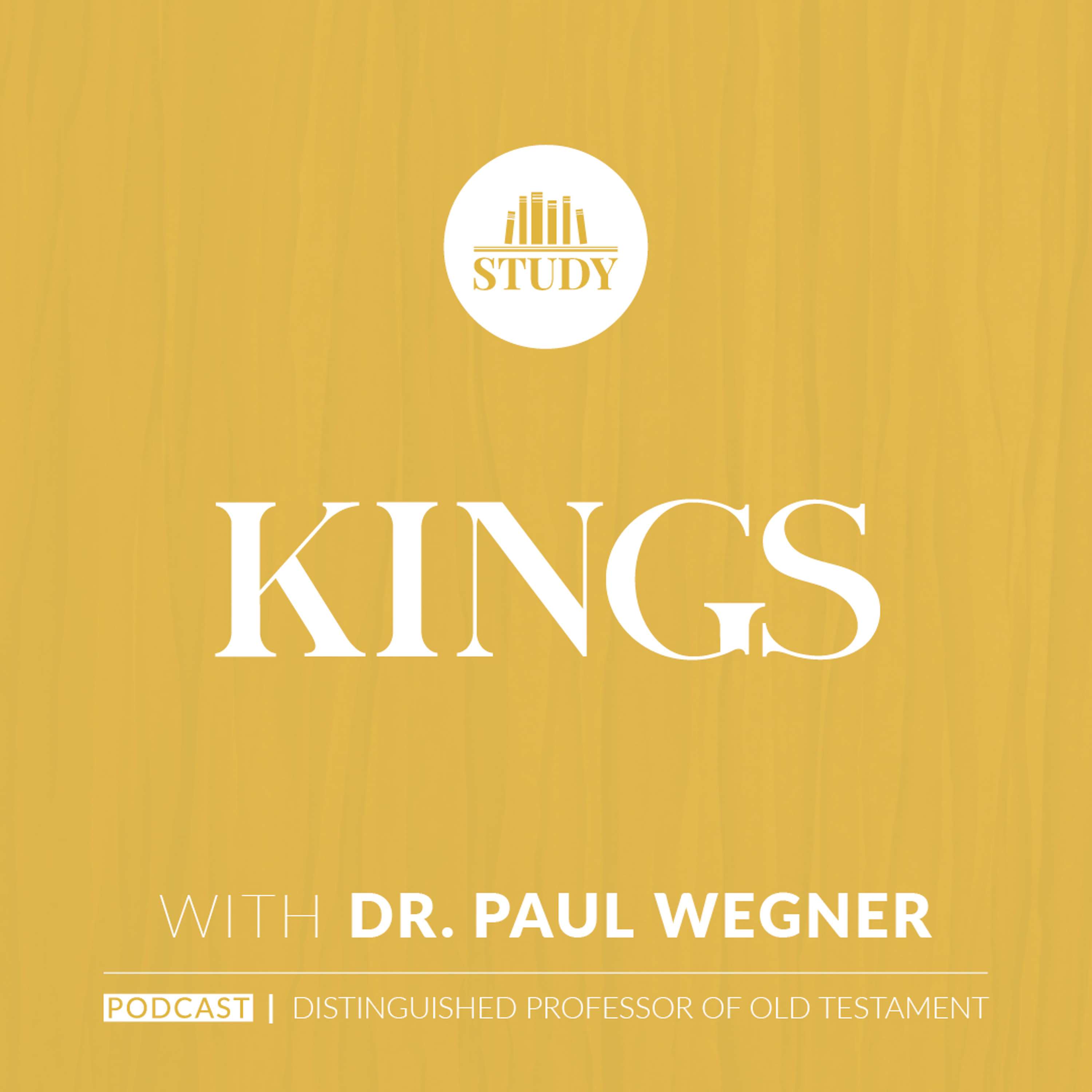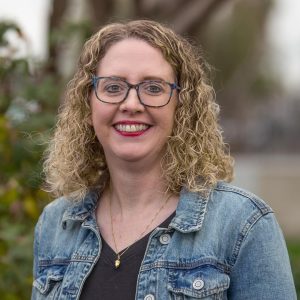It happened again recently. A concerned Christian approached me after my message at a conference in another region (think grits) and asked, “How do you stand to live in California with all those liberals?” My snarky-side leaked out a bit when I replied, “Oh, you mean among all those lost people?”
It seems more and more believers divide people into two groups—those who support their worldview and those they disdain. Living in California surrounds me, in their opinion, with the disdained. Some have even questioned my spiritual and doctrinal legitimacy because of my residency. One person in a red state put it bluntly, “There’s no way you and your school can really stand for Christian values and live where you do.” For this confused sister, Christian orthodoxy can only thrive where cultural support exists for her worldview.
California is my favorite place I have ever lived, for a whole list of reasons. At the top is the demand for a robust gospel witness. As an on-mission Christian the needs of the people are overwhelming and there is an unlimited opportunity to share the gospel. Also, near the top is the opportunity to represent Jesus in a state with the fourth largest economy in the world, as well as being the epi-center of the sports, entertainment, and technology industries. My question for some of you who live elsewhere is, if getting the gospel to the most significant places is really our highest priority, why aren’t more of you moving here?
You might reply with the typical answers—housing is expensive, cultural diversity is intimidating, government is antagonistic, morals are lax, immigration is problematic, schools are failing, and crowded cities intensify problems like drug abuse, domestic violence, and homelessness. Those are all true of California—but they are reasons to get here quickly, where the gospel is needed more than ever, not excuses to avoid taking on the challenge.
Biblical Christians saw adverse circumstances as advantageous for the gospel. Paul wrote of his imprisonment and the accompanying personal suffering, “what has happened to me has actually advanced the gospel (Phil. 1:12). He was in Roman legal custody for years, yet viewed those circumstances as the means for getting the gospel to Rome and beyond, not as an excuse for shutting down his witness.
Adverse circumstances are the perfect opportunity for gospel expansion. Too many Christians lament the loss of political influence, cultural supremacy, moral decency, and legal protections as determinative for our work and witness. We practice a greenhouse faith which can only thrive in a controlled environment. That’s a sham-gospel. The true gospel thrives in adversity and can hold its own in any political, cultural, moral, or legal context.
Thank God for believers who are living and sharing the gospel, not whining about the adverse circumstances that supposedly prohibit its expansion. Even if you don’t live in California, you are likely facing increased opposition to the gospel and less cultural support for your Christian worldview. Stop complaining and seize the perfect opportunity God has given us in this generation.
Read More

Seeing the Unseen
CSBC Women’s Ministry Director Cathie Smith shares how the church can serve the marginalized in its community.

Excerpt — The Complete Works of Andrew Fuller Volume 10: Apologetic Works
In Dr. Chris Chun’s newest publication, he provides commentary for The Complete Works of Andrew Fuller Volume 10: Apologetic Works.
Listen
Historical Books | Kings Part 4
Tyler and Dr. Wegner finish up the books of Kings and the downward spiral of Kings in Israel and Judah that lead to the exile of all the people.

Ministering in Turkey and Louisiana
Dr. Hopkins is joined by Scott Byrd, executive pastor of The Bridge Community Church in Ruston Louisiana, to talk about the how God’s call for your life can happen in ways you don’t expect, as well as the challenges and joys of ministering overseas.

Watch

Jonathan Edwards and the Asbury Revival
Chris Chun and Chris Woznicki discuss the signs of true revival, signs of the work of the Holy Spirit, and why it is important to critically assess the characteristics of revival in a spirit of charity.

Jonathan Edwards and the Baptists | Douglas Sweeney, Nathan Finn and Chris Chun
Dr. Douglas Sweeney and Dr. Nathan Finn joined Dr. Chris Chun for a panel discussion on Jonathan Edwards, recorded live at the SBC Annual Meeting in Anaheim.



